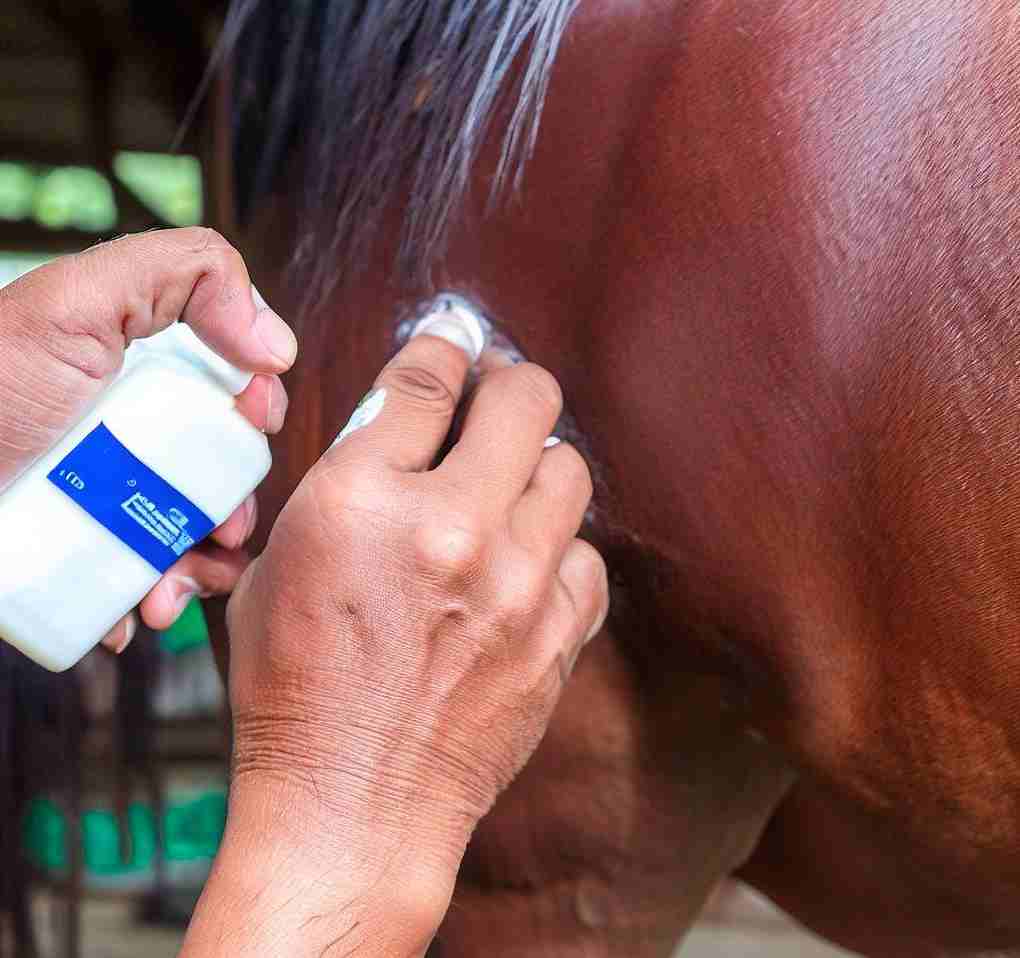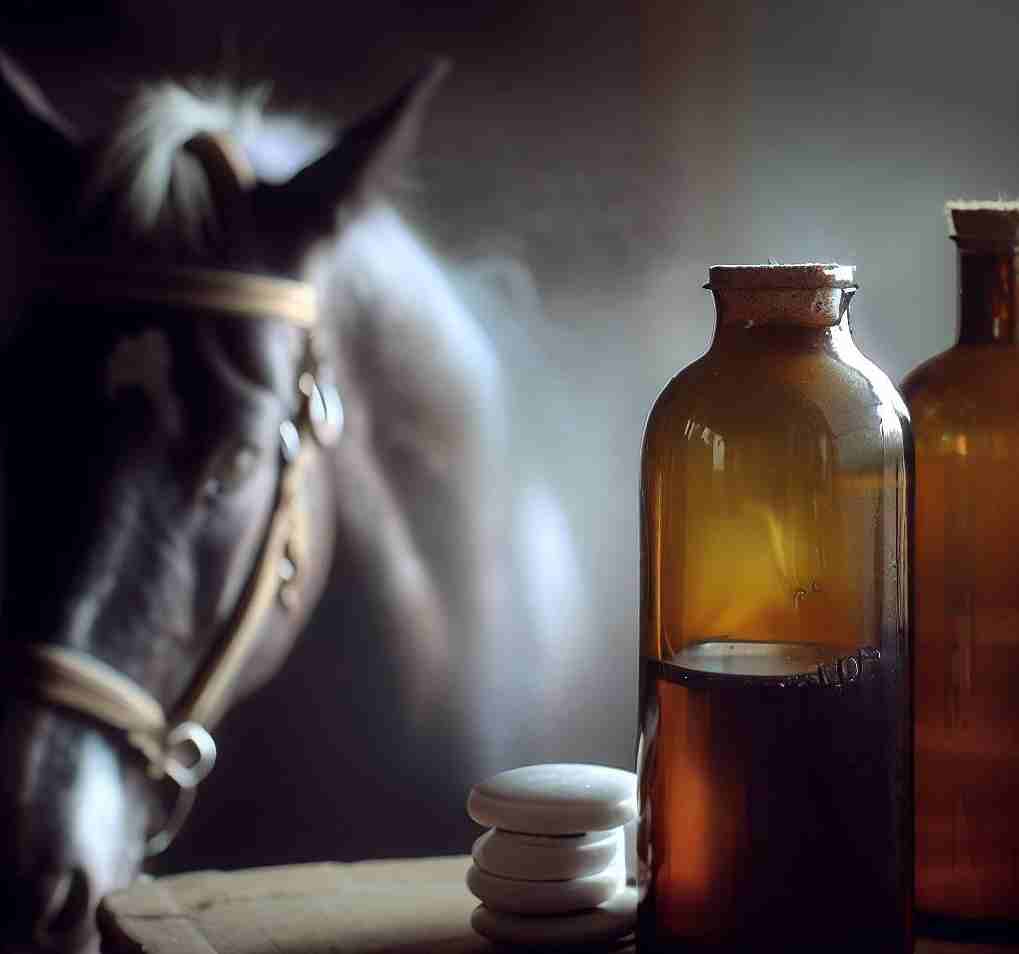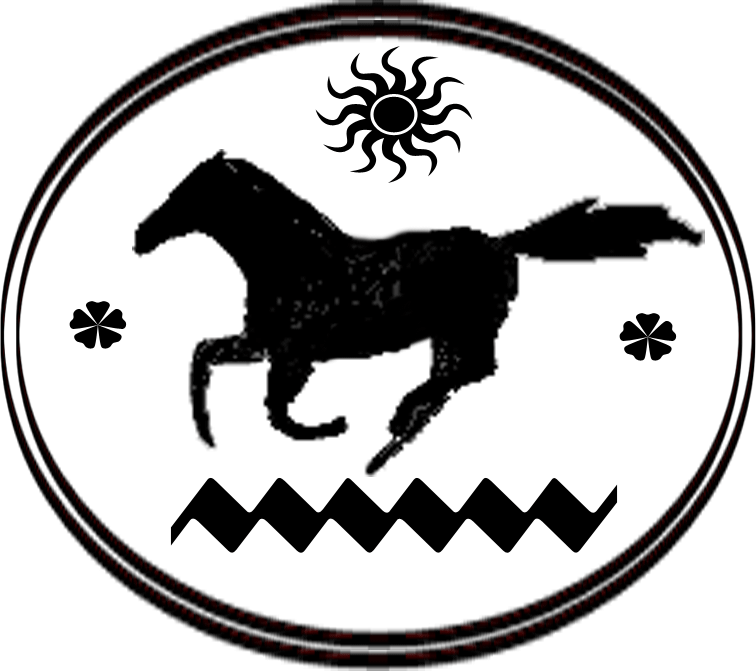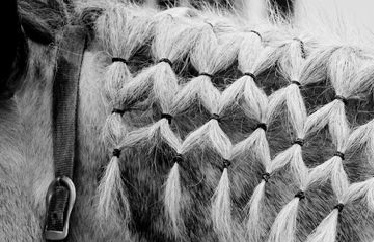How to Heal Your Horse Naturally with These 5 Amazing Remedies
Horses are magnificent creatures who require the greatest possible care. However, conventional treatments might be costly, ineffective, or have unfavorable side effects. As a result, many horse owners are looking for natural solutions to aid their horses with common health issues such as rashes, infections, ulcers, and other issues.
In this post, we will look at some of the natural therapies that have been shown to be effective for horses, either through scientific data or anecdotal tales. We’ll also go over how to use them safely and effectively, as well as when to seek professional help from your veterinarian.
Before we get into the individual treatments, here are some general guidelines to follow while using natural horses cures:
- Always check with your vet before trying any new remedy, especially if your horse has a pre-existing condition or is on medication.
- Start with a small dose and observe your horse’s reaction. Stop the therapy immediately if you see any signs of allergies, irritation, or discomfort and call your veterinarian.
- Follow the instructions carefully and don’t exceed the recommended dosage or frequency of use.
- Use high-quality products from reputable sources and store them properly to avoid contamination or degradation.
- Do not rely solely on natural treatments to treat serious or chronic diseases. They are intended to supplement, not replace, traditional veterinary care.
With that said, let’s look at some of the natural remedies that actually work for horses.
Desitin

Desitin is a brand name for a cream that contains zinc oxide and other skin-protecting substances. It is typically used to treat diaper rash in babies, but it can also help horses with skin issues.
Desitin can help cure fungal or bacterial diseases that cause rashes, such as scratches, dew poisoning, and mange. It can help relieve skin irritation caused by insect bites, sunburn, or allergies. Desitin works by forming a barrier that inhibits moisture loss and infection while also encouraging skin repair and regeneration.
Apply a thin layer of Desitin cream to the afflicted region once or twice a day until the rash clears up. To allow for better touch and absorption, you may need to clip the hair around the area. To avoid licking or rubbing, cover the area with a bandage or a fly sheet.
Desitin is inexpensive and commonly available in most drugstores and supermarkets. However, make sure you get the original composition with 40% zinc oxide and avoid any versions with scents, colors, or other chemicals that may irritate your horse’s skin.
Iodine

Iodine is a chemical element that is antibacterial and antifungal. It is frequently used in products used to disinfect wounds and prevent infections, such as Betadine or Povidone-Iodine.
Iodine can also be used to cure horse thrush and rain rot. Thrush is a fungal infection that causes the frog of the hoof to become mushy, black, and stinky. Rain rot is a bacterial infection that produces skin scabs and hair loss, most commonly on the back and rump.
To use iodine on your horse, mix a 10% solution with water (one part iodine to nine parts water). Apply it to the infected region once a day using a spray bottle or a cotton ball until the condition improves. Before applying the iodine, you may need to trim or scrape away any dead tissue.
Most pharmacies and online retailers sell iodine solutions. However, do not use pure iodine or a solution that is overly strong, since this might burn or injure your horse’s skin and tissues. Iodine should also be avoided on open wounds since it might slow healing and lead to scarring.
Apple Cider Vinegar

The fermented liquid generated from apples and yeast is known as apple cider vinegar. It contains antibacterial, antifungal, and anti-inflammatory acetic acid and other organic acids. It also contains vitamins, minerals, and enzymes that are beneficial to the health of your horse.
Apple cider vinegar can help with a variety of equine problems, including:
- Digestion: Apple cider vinegar can aid digestion and prevent ulcers by stimulating saliva production and gastric acid output. It can help balance the pH of the intestines and block the growth of dangerous bacteria, preventing colic and diarrhea.
- Immunity: Apple cider vinegar helps strengthen your horse’s immune system by supplying antioxidants and probiotics that help fight infections and inflammation. It can also assist your horse’s body detoxify by activating the liver and kidneys. It can also aid in the prevention and treatment of urinary tract infections by acidifying the urine and inhibiting bacterial development.
You can add apple cider vinegar to your horse’s feed or water to use it. A full-sized horse should take about 100 ml each day, whereas a pony should take half that amount. Begin with a little amount and gradually increase it until your horse becomes accustomed to the taste. You can also use apple cider vinegar to repel insects and boost the shine of your horse’s coat.
Apple cider vinegar is widely available in most grocery stores and online retailers. However, be certain that you purchase the raw, organic, and unfiltered variety, which contains the “mother” – a murky fluid containing helpful bacteria and enzymes. Products that have been pasteurized, filtered, or contain additional sugar or preservatives should be avoided.
Peppermint Oil

Peppermint oil is an essential oil derived from the peppermint plant’s leaves. It has a revitalizing and energizing aroma that can stimulate the senses and boost mood. It also possesses anti-inflammatory, antispasmodic, and analgesic effects that can aid horses with a variety of diseases.
Peppermint oil can aid in:
- Respiratory problems: In horses suffering from asthma, bronchitis, or heaves, peppermint oil can help clear the airways and make breathing easier. By relaxing the smooth muscles of the respiratory system, it can help reduce coughing and mucus production.
- Digestive problems: Peppermint oil can benefit horses with colic, gas, or indigestion by soothing the stomach and intestines. It can also help digestion and prevent ulcers by stimulating appetite and saliva production.
- Muscular problems: Peppermint oil can benefit horses with strained muscles, tendons, or joints by reducing pain and inflammation. By relaxing the muscles, it can help enhance blood circulation and lessen spasms.
You can use peppermint oil on your horse by inhaling it, applying it topically, or ingesting it. Add a few drops of peppermint oil to a diffuser or humidifier and set it near your horse’s stall or trailer for inhalation. You can also apply peppermint oil to your hands and place them next to your horse’s nose for a few minutes.
Dilute peppermint oil with a carrier oil, such as coconut oil or jojoba oil, and massage it into your horse’s skin for topical treatment. You can concentrate on the areas of pain, inflammation, or spasm, such as the chest, abdomen, or legs. You may also combine peppermint oil and water in a spray bottle and spritz it on your horse’s coat to repel mosquitoes and cool them down.
Add a few drops of peppermint oil to your horse’s feed or water for ingestion. This strategy, however, should be used with caution because some horses are sensitive to peppermint oil and may develop negative reactions such as nausea, vomiting, or diarrhea.You should always consult your vet before giving your horse any essential oils orally.
Peppermint oil is widely available in health food stores and on the internet. However, make certain that you purchase the pure, therapeutic-grade variety that is safe for animals. Products that are synthetic, adulterated, or contain alcohol or other additives should be avoided.
Turmeric

Turmeric is a spice derived from the turmeric plant’s root. It has a bright yellow color and a warm and earthy flavor that is popular in Asian cooking. It also has anti-inflammatory, antioxidant, and antibacterial properties that can benefit the health of your horse.
Turmeric can help with:
- Arthritis: Turmeric can help to reduce pain, stiffness and swelling in horses with arthritis by inhibiting the production of inflammatory chemicals in the body. It can also protect the cartilage and bones from damage by scavenging free radicals.
- Ulcers: Turmeric can help to heal ulcers in horses by coating the stomach lining and preventing acid erosion. It can also inhibit the growth of bacteria that cause ulcers such as Helicobacter pylori.
- Wounds: Turmeric can help to speed up wound healing in horses by stimulating blood flow and collagen production. It can also prevent infection and inflammation by killing bacteria and fungi.
To use turmeric for your horse, you can add it to their feed or water. The recommended dosage is about 10 grams per day for a full-sized horse. You can start with a smaller amount and gradually increase it until your horse gets used to it. Before giving your horse any supplements, always consult your veterinarian, especially if they are on medication or have a pre-existing condition. Turmeric may interact with certain drugs, such as blood thinners or anti-inflammatory medications, so be cautious and keep an eye on your horse for any signs of an adverse reaction.
These are some natural remedies that can assist your horse with common health issues. They are not, however, intended to replace veterinary care or proper management. Before attempting any new remedy, seek professional advice and carefully follow the instructions. Natural remedies can be an excellent way to help your horse’s health and well-being, but they must be used with caution and common sense.













